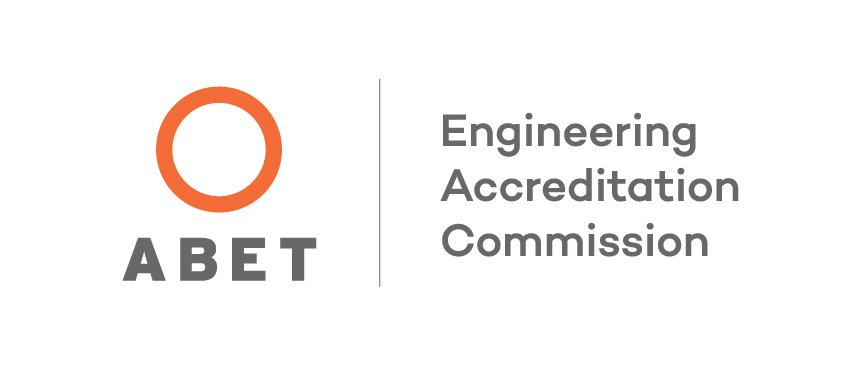Accreditation
Accreditation Support Data

The environmental engineering program is accredited by the Engineering Accreditation Commission
of ABET, https://www.abet.org, under the General Criteria and the Environmental Engineering and
Similarly Named Engineering Program Criteria.
Guidance on CET 395 UG Research
To take CET 395, a student should first consult with the instructor to develop an agreed-upon scope of work. The scope should be feasible to complete in one semester and should reflect the number of credits. Both the student and the instructor need to sign off on. Once the agreed-upon work is complete, the student prepares a formal report that documents the substance of the work and relevant outcomes. Writing is an important part of student training, and appropriate time should be devoted to the student’s writing.
Taking CET 395 does not automatically fulfill the Technical Elective requirement. CET 395 can be taken for less than 3 credits (1-3), but for a Technical Elective it must be 3 credits. To fulfill the Technical Elective requirement, both the scope agreement and the approved final report are placed in the student’s academic file via their academic advisor, who would then enter CET 395 as fulfilling the requirement.
The grading is standard grading. If it is used for degree requirement (e.g., Technical Elective), it needs to be a letter grade, not S/U. Maximum 6 credit hours of CET 395 can count toward the student’s major.
Also, encourage the student (termed “self-place” as they have identified a mentor on their own) to “register” with the Office of UG Research at https://ugr.miami.edu/research/placement/index.html. This helps them get record and receive relevant communications.
Support Documents





